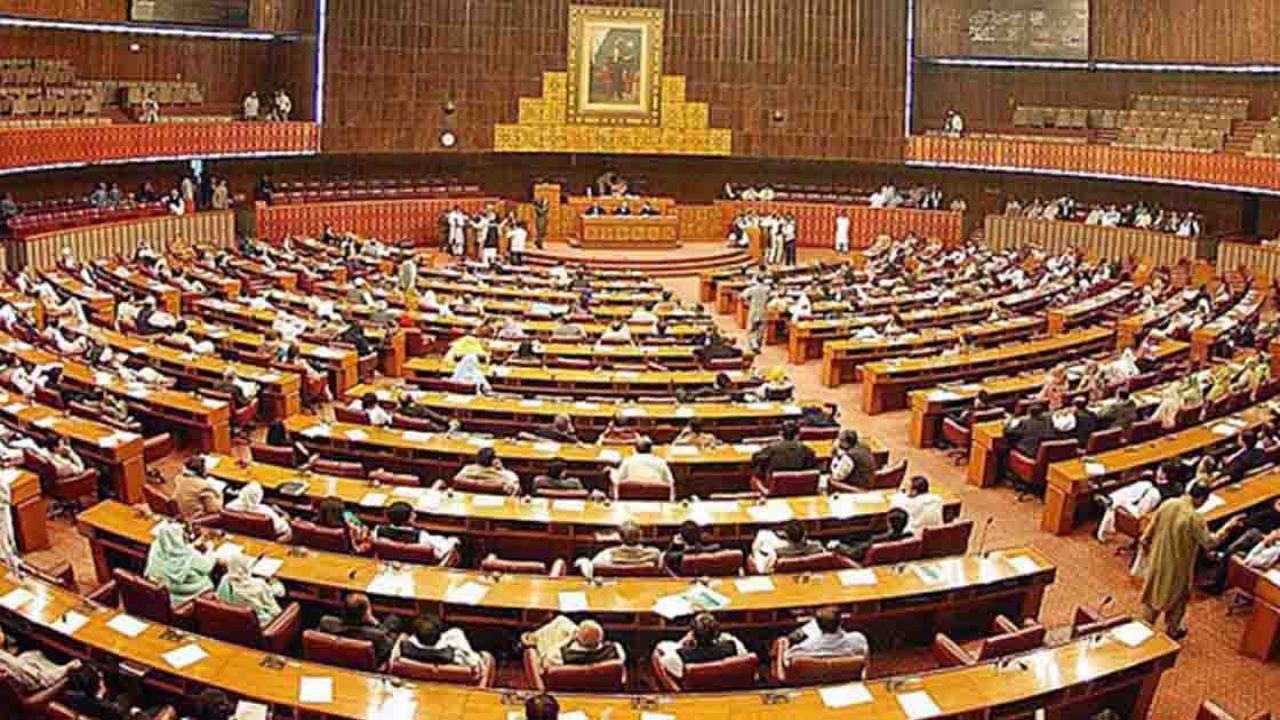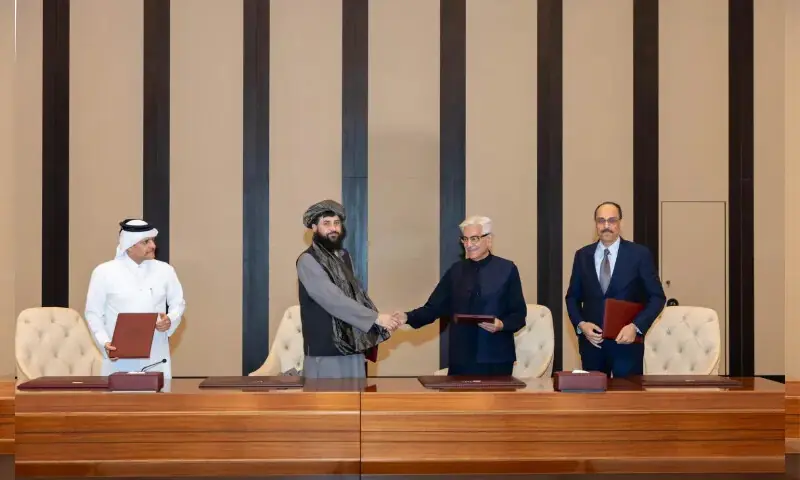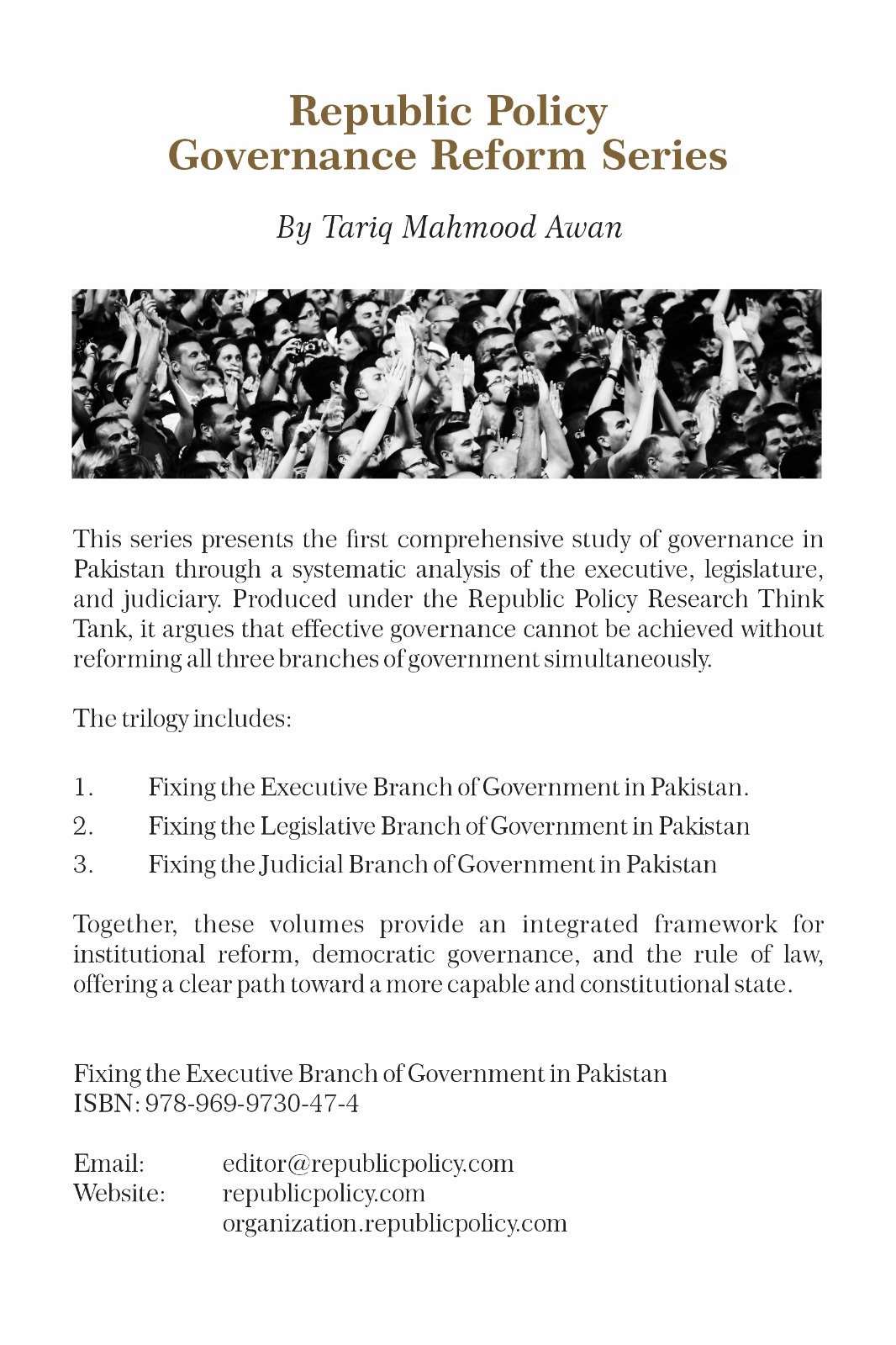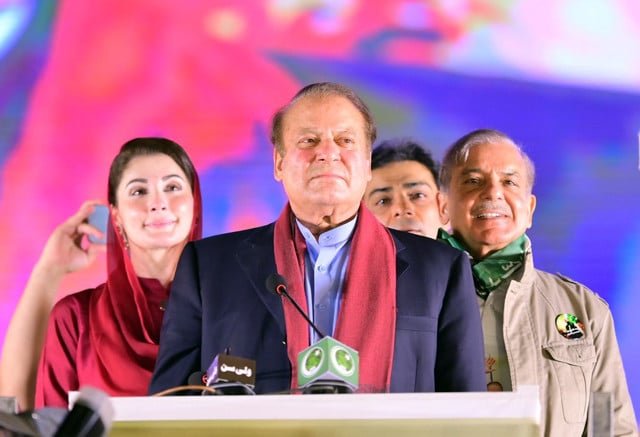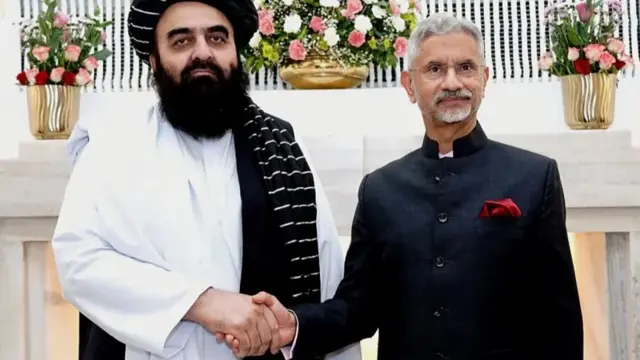Editorial
The scheduled convening of Pakistan’s 16th National Assembly on Thursday, February 29th, 2024, presents a complex situation marked by a potential clash between the executive and the legislature. While the session represents a crucial step in the democratic process, its legitimacy and timing are shrouded in controversy due to the discord between Speaker Raja Pervez Ashraf and President Dr. Arif Alvi.
Speaker Ashraf’s decision to bypass the President’s request for further consultation and unilaterally convene the session raises concerns about adherence to established protocol. Despite the government’s argument that Article 91 grants them the authority to convene the session regardless of the President’s position, the President’s role in the inauguration process shouldn’t be entirely disregarded. This unilateral action could set a precedent for future disagreements and potentially weaken the principle of collaboration between the executive and the legislature.
Furthermore, President Alvi’s objections regarding the session’s timing highlight potential legal complexities. While the government asserts there’s no constitutional clause prohibiting the session’s convening before the complete formation of the Assembly, President Alvi’s concerns about fulfilling all constitutional requirements before the inauguration deserve consideration. Rushing the process without addressing these potential shortcomings could lead to legal challenges and cast a shadow over the Assembly’s legitimacy.
The current scenario underscores the intricate political dynamics within Pakistan’s legislative framework. The disagreement between the President and the Speaker reflects a potential power struggle and could hamper the smooth functioning of the National Assembly. Finding a solution that respects both established procedures and addresses the President’s concerns is crucial to ensuring a smooth transition and fostering a collaborative environment within Pakistan’s political landscape.
It’s important to note that this is a developing situation, and further information regarding both sides’ specific arguments and potential resolutions could change the current picture. Continued observation and analysis are necessary to gain a deeper understanding of the implications of this disagreement. However, the democratic spirit of the electioneering demands that reserved seats should be filled before calling the National Assembly session to elect the leader of the house.
Please, subscribe to the YouTube channel of republicpolicy.com



